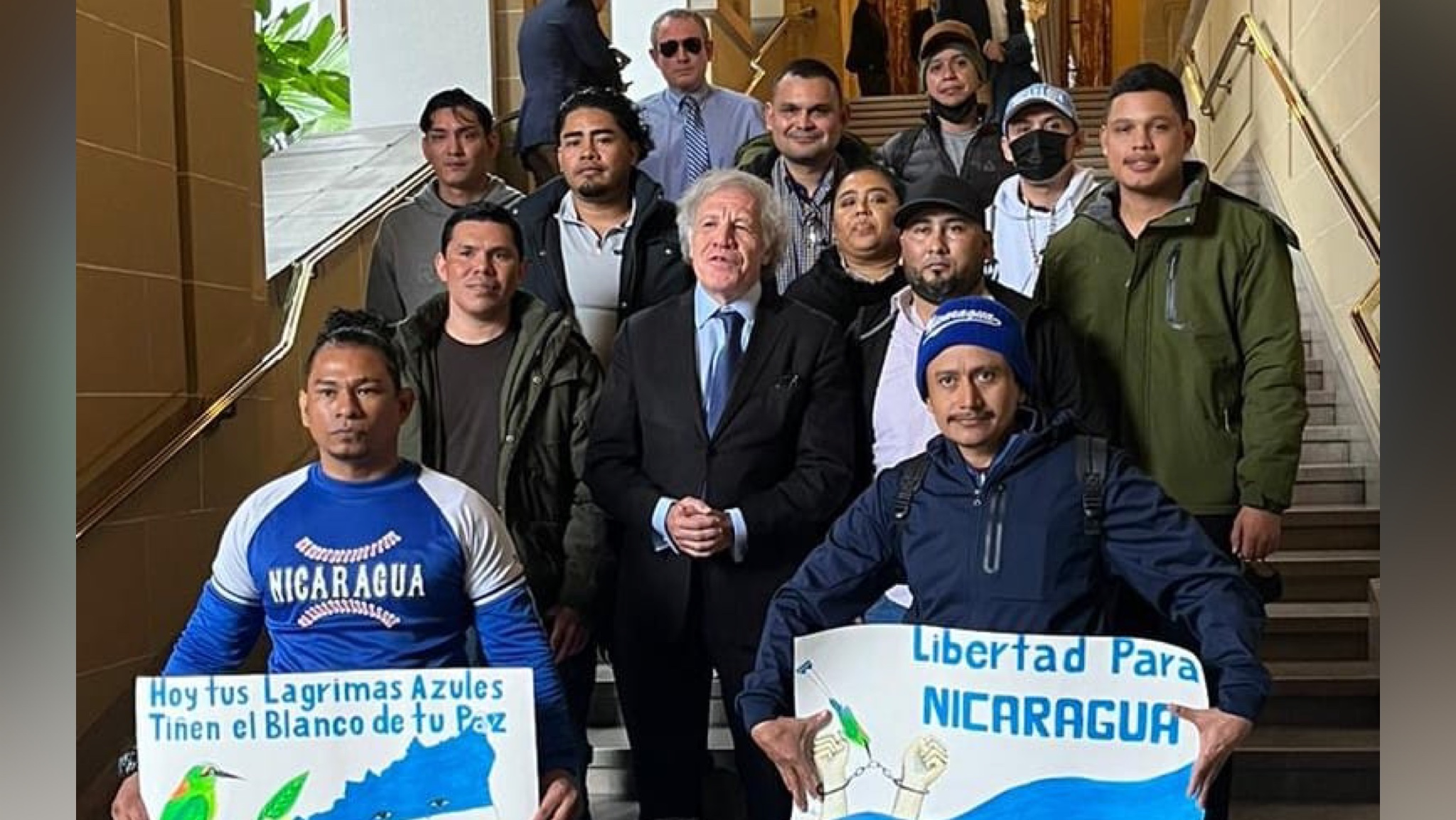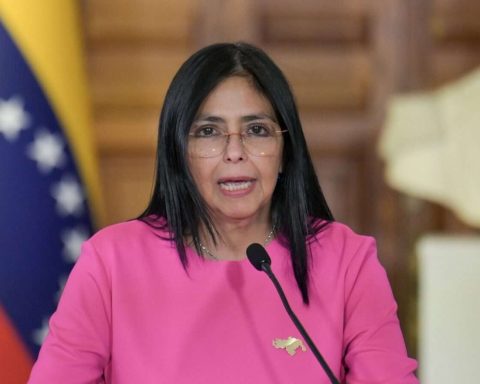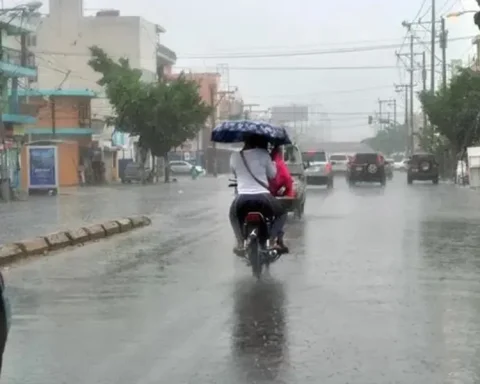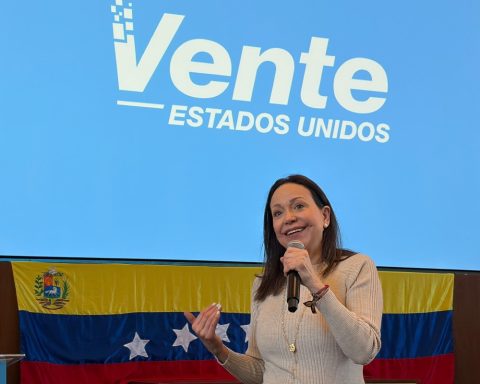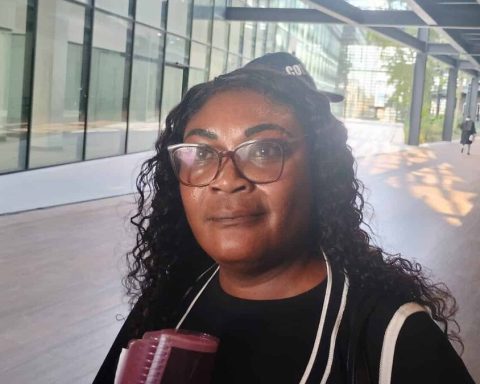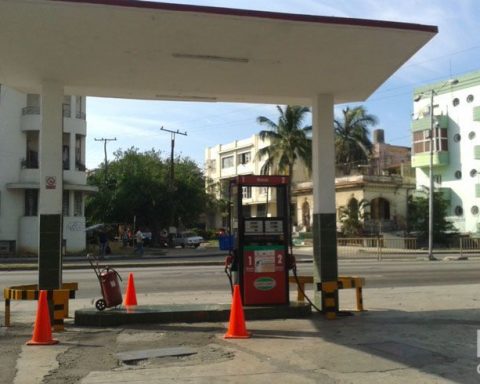The Secretary General of the Organization of American States (OAS), Luis Almagro, met with a group of political prisoners who were exiled to the United States by the regime of Daniel Ortega and Rosario Murillo. The top official of the regional body assured, on his Twitter account, that the crimes committed against opponents declared stateless should be known by the International Criminal Court.
On February 9, the regime ordered the expatriation of 222 political prisoners from Nicaragua. The idea of sending them into exile was Rosario Murillo’s, Ortega himself revealed hours after he took off the plane with the denatured people from Managua headed for Washington, the capital of the United States.
«I received a group of 27 Nicaraguans released and exiled by the dictatorship. I expressed our support for their complaints for the crimes against humanity suffered, which must be transferred to the ICC, as well as we will support their requests for asylum and refuge to the US government, “Almagro wrote on his social network account .
Related news: UN expert report leaves Ortega-Murillo and his political heirs on the edge of international justice
Most of those released from exile were beneficiaries of precautionary protection measures from the Inter-American Commission on Human Rights (IACHR), an organ of the OAS. But the Managua regime never took into consideration the requests of that body. In addition, the Inter-American Court of Human Rights (IDH-Court) had also ordered Nicaragua to release some of them.
Among the released prisoners who met with Almagro are Karla Vega, Edward Lacayo “La Loba”, Uriel Pérez, Muammar Vado, Marvin López, Carlos Bonilla, Julio Pineda and José Santos Sánchez, most of them are from the department of Masaya, a bastion of the civic rebellion of April 2018.
On February 23, 17 OAS member countries deplored the exile of 222 political prisoners and the denaturing of 94 opponents by the Nicaraguan dictatorship.
The declaration had the support of Argentina, Antigua and Barbuda, Barbados, Canada, Chile, Colombia, Costa Rica, Ecuador, the United States, Guatemala, Guyana, Jamaica, Paraguay, Peru, the Dominican Republic, Trinidad and Tobago, and Uruguay.
“After months and years in some cases, of unjustifiable detention, in often appalling conditions, the release of these political prisoners was on hold and we shared the joy of the families, friends, and supporters of those released,” the OAS said recently.
